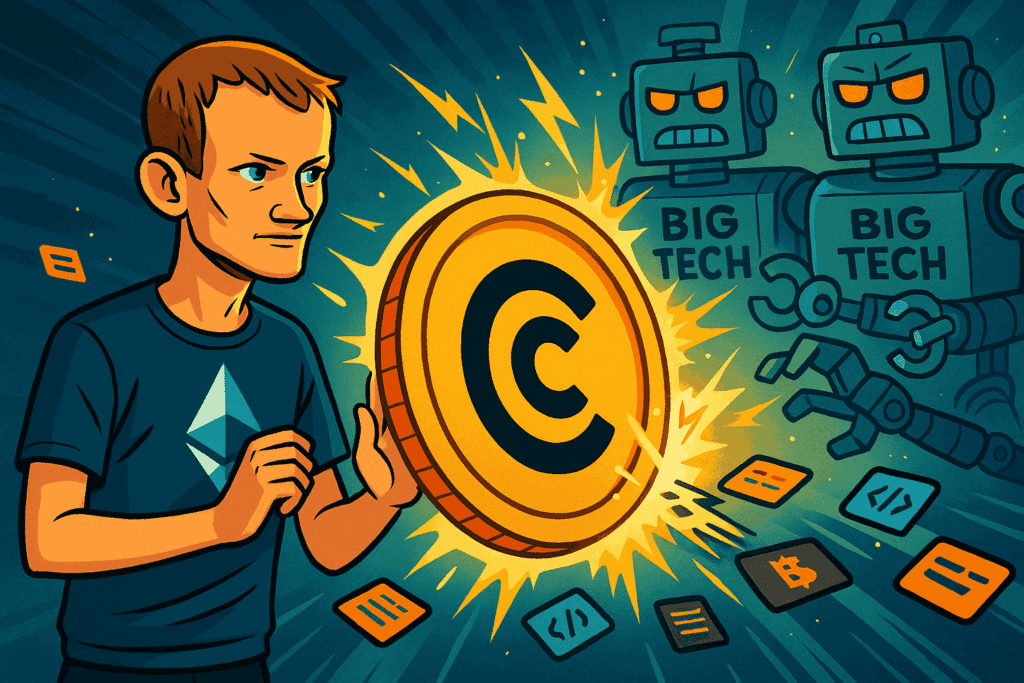
Ethereum co-founder Vitalik Buterin is urging developers to rethink open-source software licensing strategies. He recently highlighted in a blog post that traditional permissive licenses may not adequately shield innovation in an era dominated by tech giants. Instead, he advocates for the adoption of copyleft licenses, which mandate that any modifications of the code must remain open.
Why Buterin Thinks It Matters
Buterin expresses concern that major platforms are now positioned to quietly integrate valuable open-source code and obscure its benefits within proprietary systems. While permissive licenses like MIT and Apache have historically fostered the growth of the open-source ecosystem, he warns that the current landscape is dramatically different. Powerful companies leverage the openness of these licenses to create exclusive environments around tools developed by the community.
 Source: Shutterstock
Source: Shutterstock
He points to copyleft licenses like the GNU General Public License (GPL) as tools to prevent this trend. These licenses compel anyone utilizing the code to share their work under the same conditions, ensuring improvements and extensions remain public and allowing smaller developers to compete effectively.
Implications for Crypto Projects
This dialogue holds particular relevance for the crypto realm, based on its principles of openness. Buterin cautions that if larger entities that do not embrace these values are allowed to commercialize decentralized applications and protocols without protective licensing, the essence of Ethereum’s promotion of transparency and community ownership could be jeopardized.
Real-World Examples
He mentions examples like the Farcaster project, which recently opted for a more stringent licensing approach following discussions regarding downstream usage. Additionally, he notes that companies driven by commercial interests are increasingly adopting and altering open-source tools in fields like artificial intelligence and decentralized identity, raising similar licensing concerns.
Ultimately, Buterin underscores that this isn’t about generating additional regulations unnecessarily. Rather, it’s about maintaining the collaborative spirit that the open-source community relies upon. He doesn’t expect an immediate shift to copyleft for everyone but hopes that developers will contemplate the risks associated with permissive licenses in an environment where big players are closely observing and quickly reacting.


